Salt Awareness Week: Best practices for salt use this winter

Salt Awareness Week: Best practices for salt use this winter
The Wisconsin Department of Natural Resources and Wisconsin Salt Wise are wrapping up the first Wisconsin Salt Awareness Week. The goal is to remind Wisconsinites of the negative impacts salt can have on the environment.
MILWAUKEE - The Wisconsin Department of Natural Resources and Wisconsin Salt Wise are wrapping up the first Wisconsin Salt Awareness Week. The goal is to remind Wisconsinites of the negative impacts salt can have on the environment.
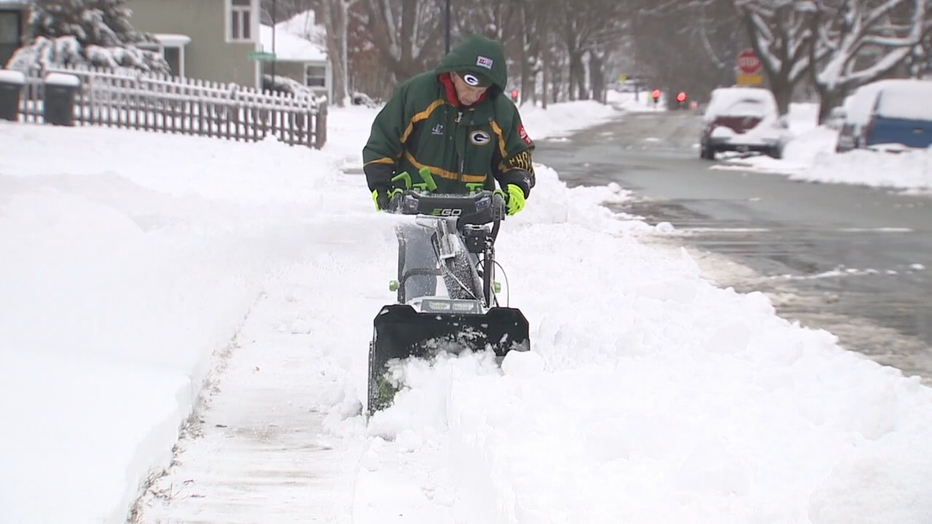
Salting the roads and sidewalks is typical before any snow event.
"It appears, it does its job and then it disappears, but it's never really gone," said Allison Madison, Wisconsin Salt Wise.
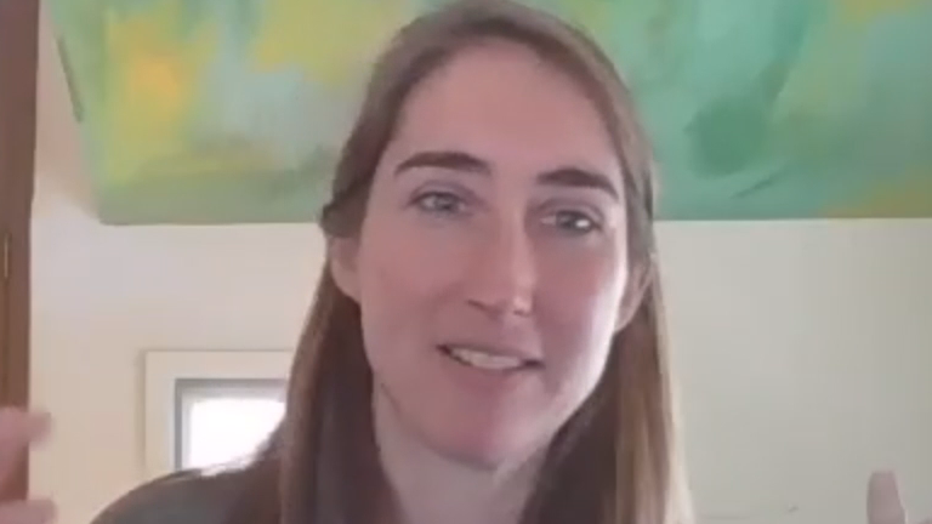
Allison Madison
Madison said the salt travels into our freshwater systems.
"In our freshwater ecosystems, you see those chloride levels start to rise, or they already have started to rise, and so it is having an impact on those organisms that live in that system," said Allison Madison.
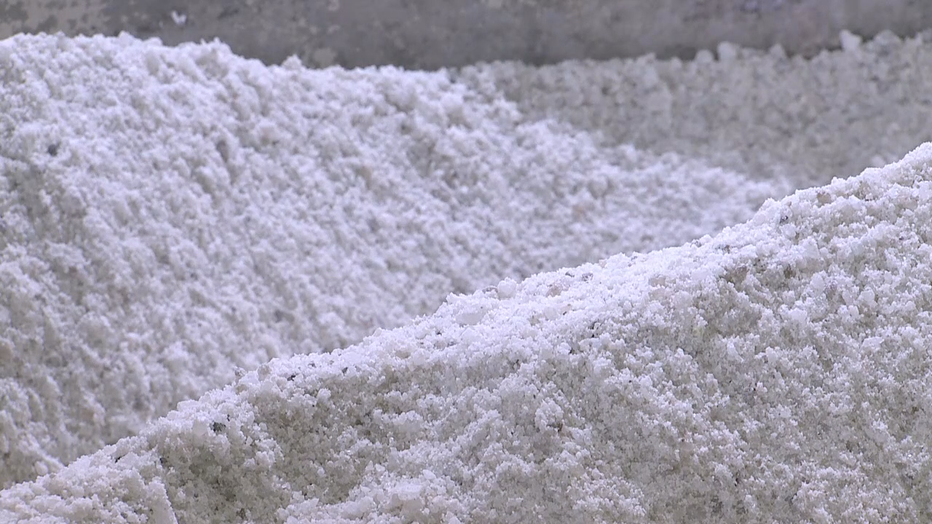
"In our groundwater is our drinking water, it can have some negative impacts on our health," Madison added. "There are some areas, in our most urban areas, that our well water is starting to almost taste salty."
To avoid this, the Wisconsin Department of Natural Resources and Salt Wise put together the first-ever Salt Awareness Week featuring experts explaining how Wisconsinites can reduce their salt use.
"If you see that there is extra salt on the sidewalk or your driveway after you're applied salt, that means you've used too much salt. Something you can do if you see extra salt is you can sweep it up. That salt is still good and you can use it next time," said Madison.
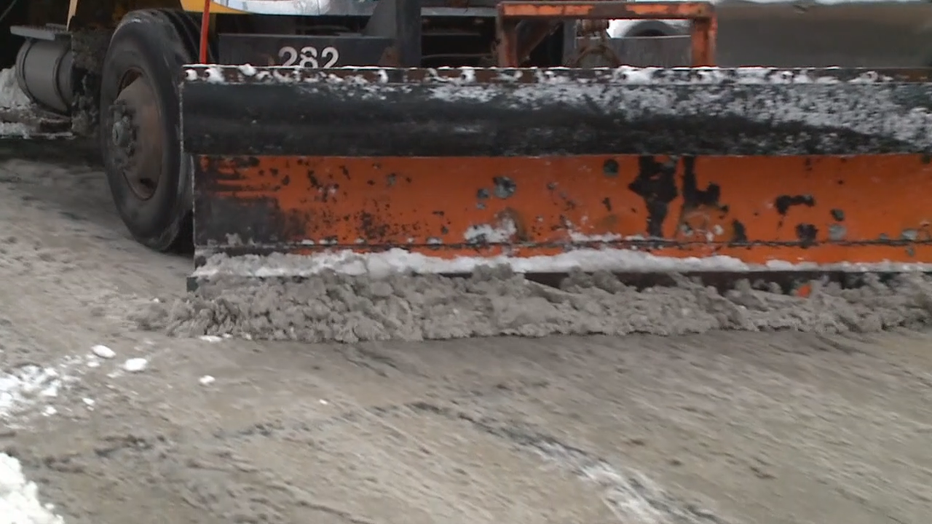
The Wisconsin Department of Transportation has already reduced salt use in counties and municipalities by switching to salt brine.
"So putting that brine down on top of the pavement before the snow comes down, it's kind of like putting oil in the pan before you put your food in to fry it, so it prevents that bond from forming between the snow," said Madison.
FREE DOWNLOAD: Get breaking news alerts in the FOX6 News app for iOS or Android
Salt Awareness Week is aimed at reminding people that a small amount of salt can go a long way.
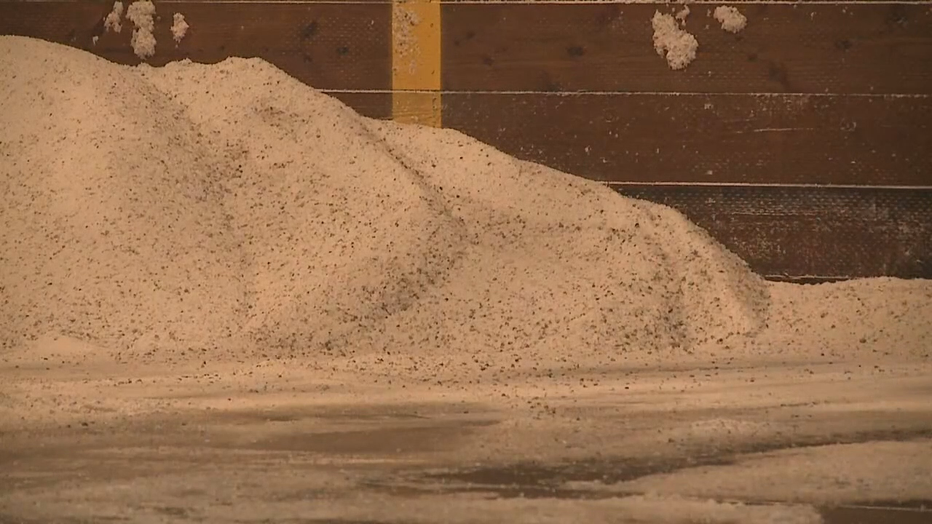
"I think the message around salt can be a lot more encouraging and empowering for people because we have seen such huge strides in salt reduction by our state, our counties, our municipalities," said Madison.

